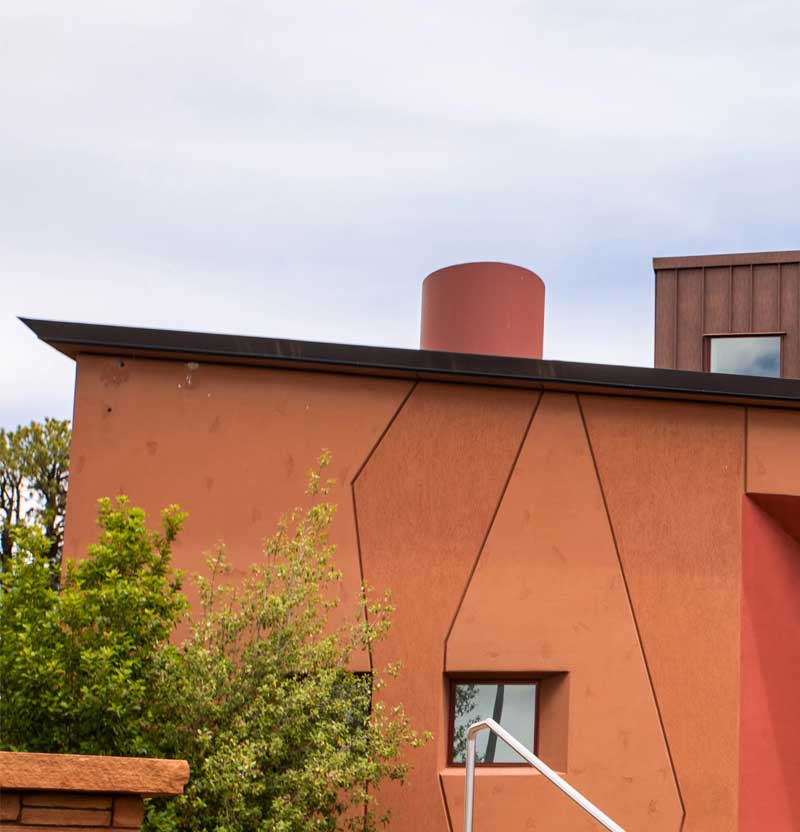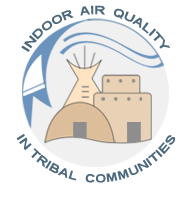
IAQTC: Indoor Air Quality in Tribal Communities

IAQTC Webinars:
Join the IAQTC staff for webinars on Indoor Air Quality in Tribal Communities.
Indoor air quality (IAQ) is a critical issue facing many tribes throughout the country. Improving indoor air quality can result in significant improvements in health thereby decreasing medical costs and improving quality of life.
The EPA has identified and characterized significant risks to public health from indoor environmental contaminants that are commonly found in homes, schools and offices, where Americans spend up to 90 percent of their time. Indoor levels of air pollution may be two to five times higher, and occasionally 100 times higher, than outdoor levels. Common indoor air contaminants include radon, secondhand smoke, mold, irritant and allergenic asthma triggers, combustion by-products and volatile organic compounds.
With support from USEPA’s Office of Radiation & Indoor Air (ORIA) – ITEP is developing a program to assist tribes with Indoor Air Quality issues in the following focus areas:
- Radon
- Indoor Asthma Triggers
- Indoor Air Quality Management Programs in Schools
To learn more or request technical assistance please contact our program staff.
- The ITEP IAQTC Project...
- Radon
- Indoor asthma triggers
- Indoor air quality in schools
- National IAQ Conferences & Outreach to Tribes
- Technical Assistance
- IAQTC Newsletter
Will partner with other programs to provide services to tribal communities, including:
US Environmental Protection Agency Indoor Environments Division
Radiation and Indoor Environments National Laboratory (RIENL)
- IAQTC Goal
The goal of ITEP’s Indoor Air Quality in Tribal Communities (IAQTC) project is to assist tribal communities to reduce the environmental health risks posed by contaminants in indoor environments.
Technical Assistance:
To make a request for technical assistance please click on the link below.
- IAQTC logo
 The three houses in the center of the logo are a teepee, hogan, and a pueblo styled house to represent the many houses that Native Americans have occupied or still occupy today. The two curved lines above the houses and the tail feather that starts from the left side in the middle of the logo both represent air.
The three houses in the center of the logo are a teepee, hogan, and a pueblo styled house to represent the many houses that Native Americans have occupied or still occupy today. The two curved lines above the houses and the tail feather that starts from the left side in the middle of the logo both represent air.
CONNECT WITH US
Christal Black
Assistant Manager
Christal.Black@nau.edu
Your tax deductible donation supports ITEP’s programming efforts.
Please contact us if you would like to contribute to our endowment or for any additional information regarding donations.

